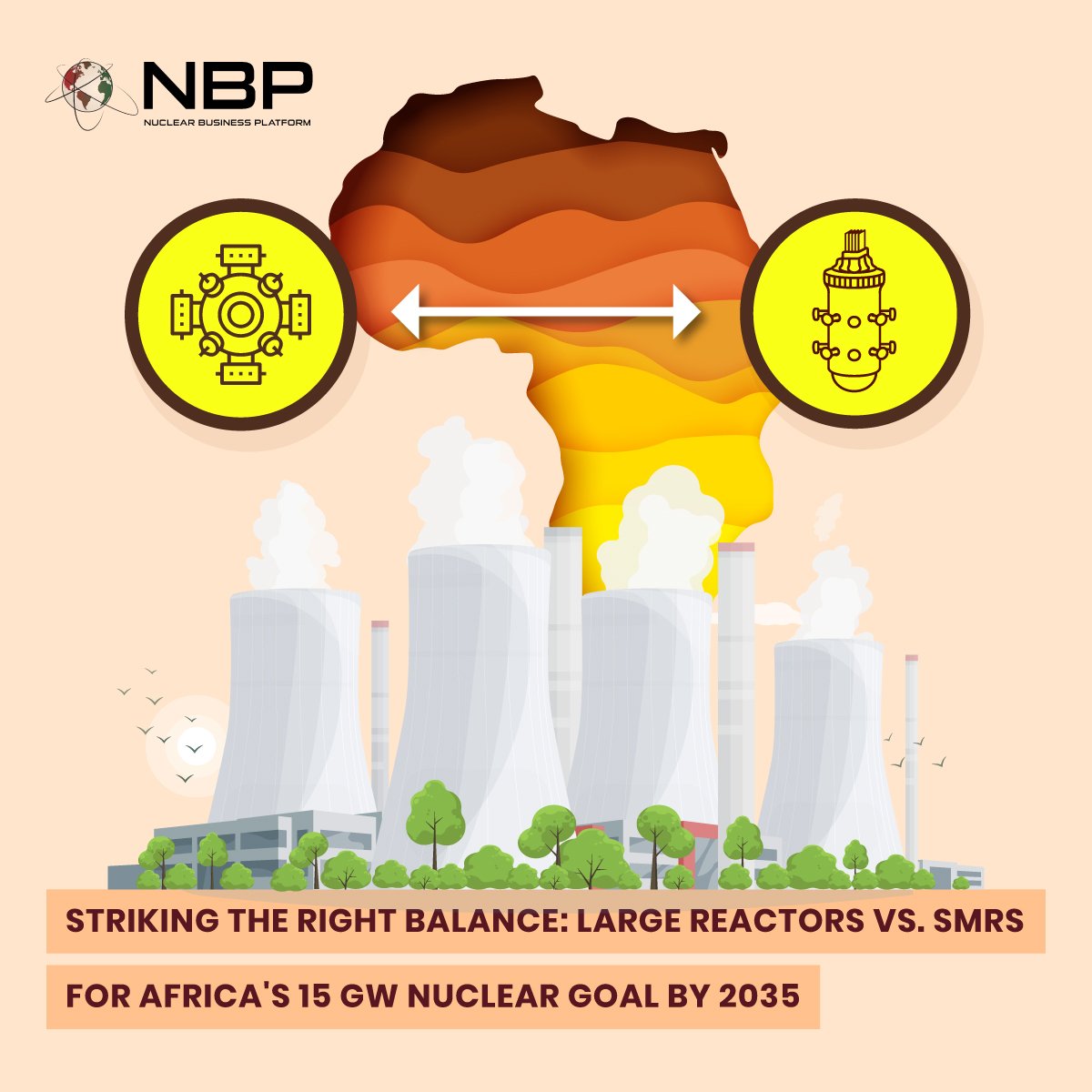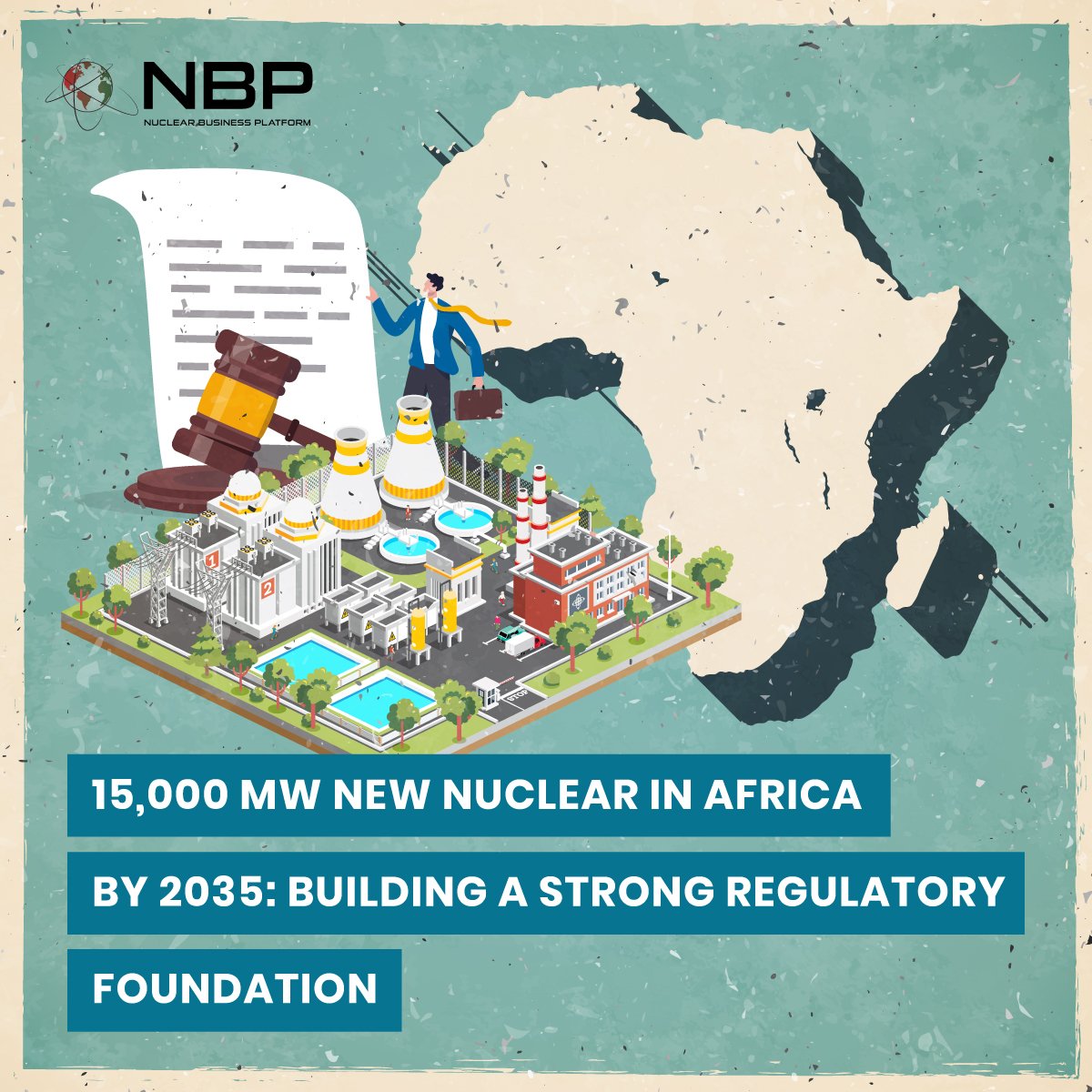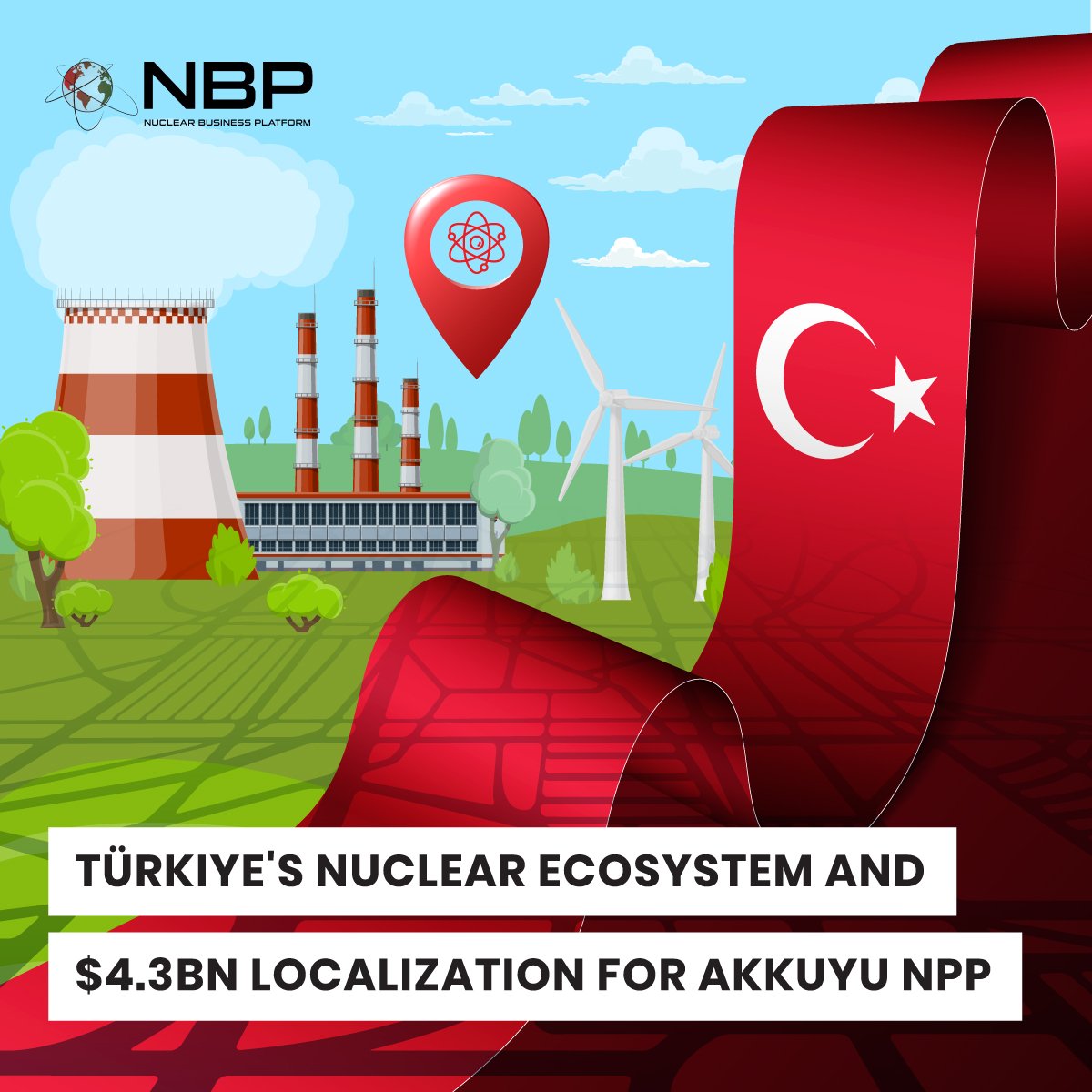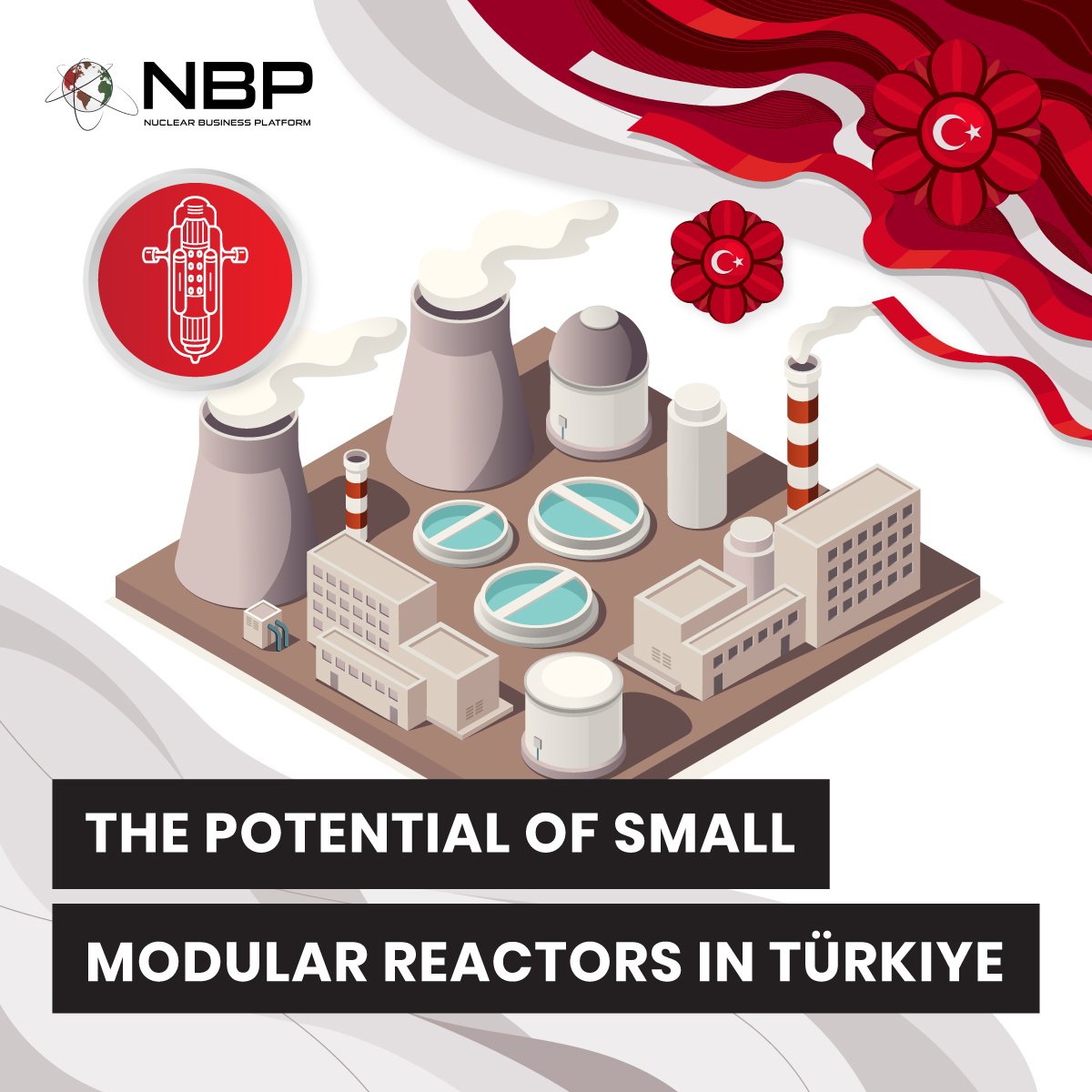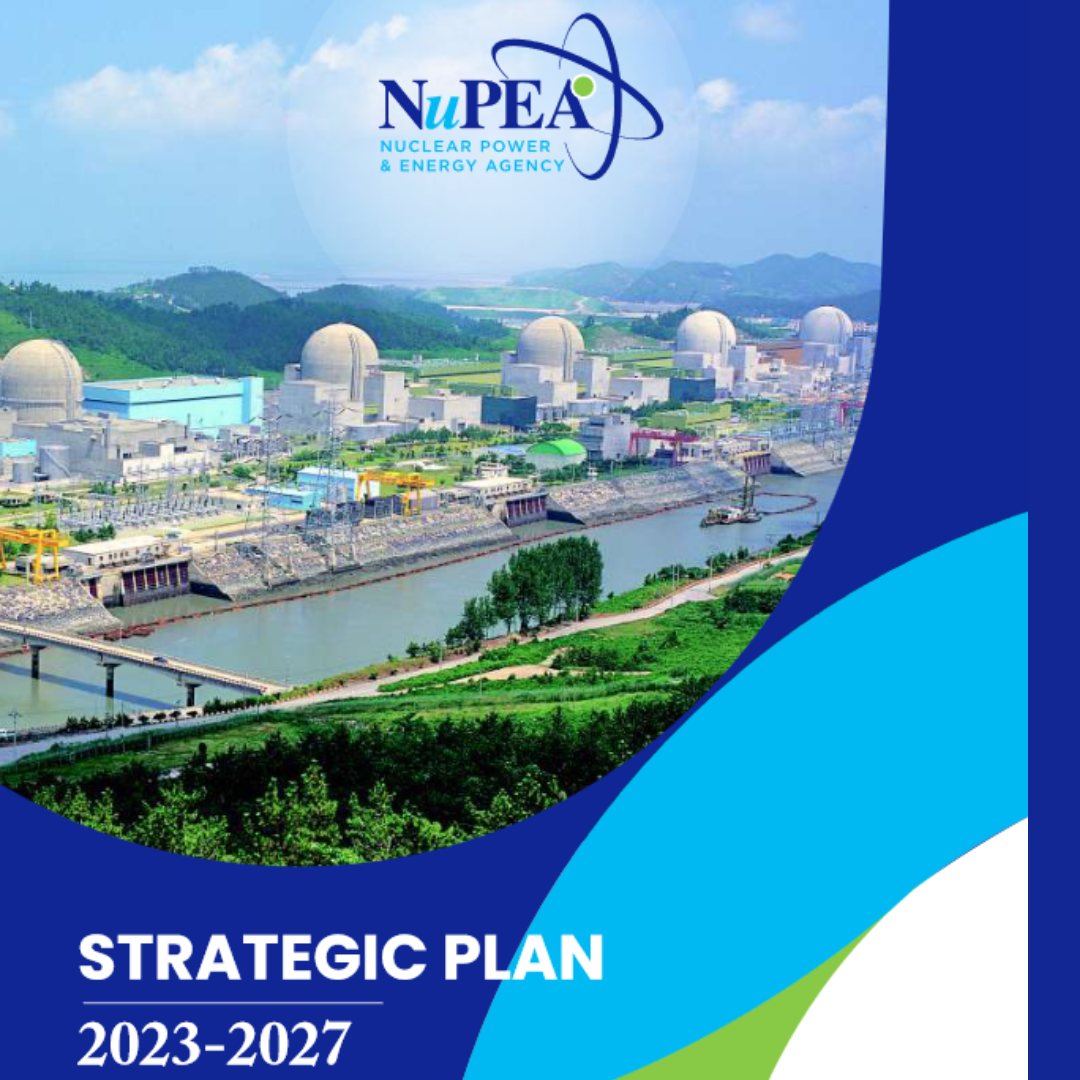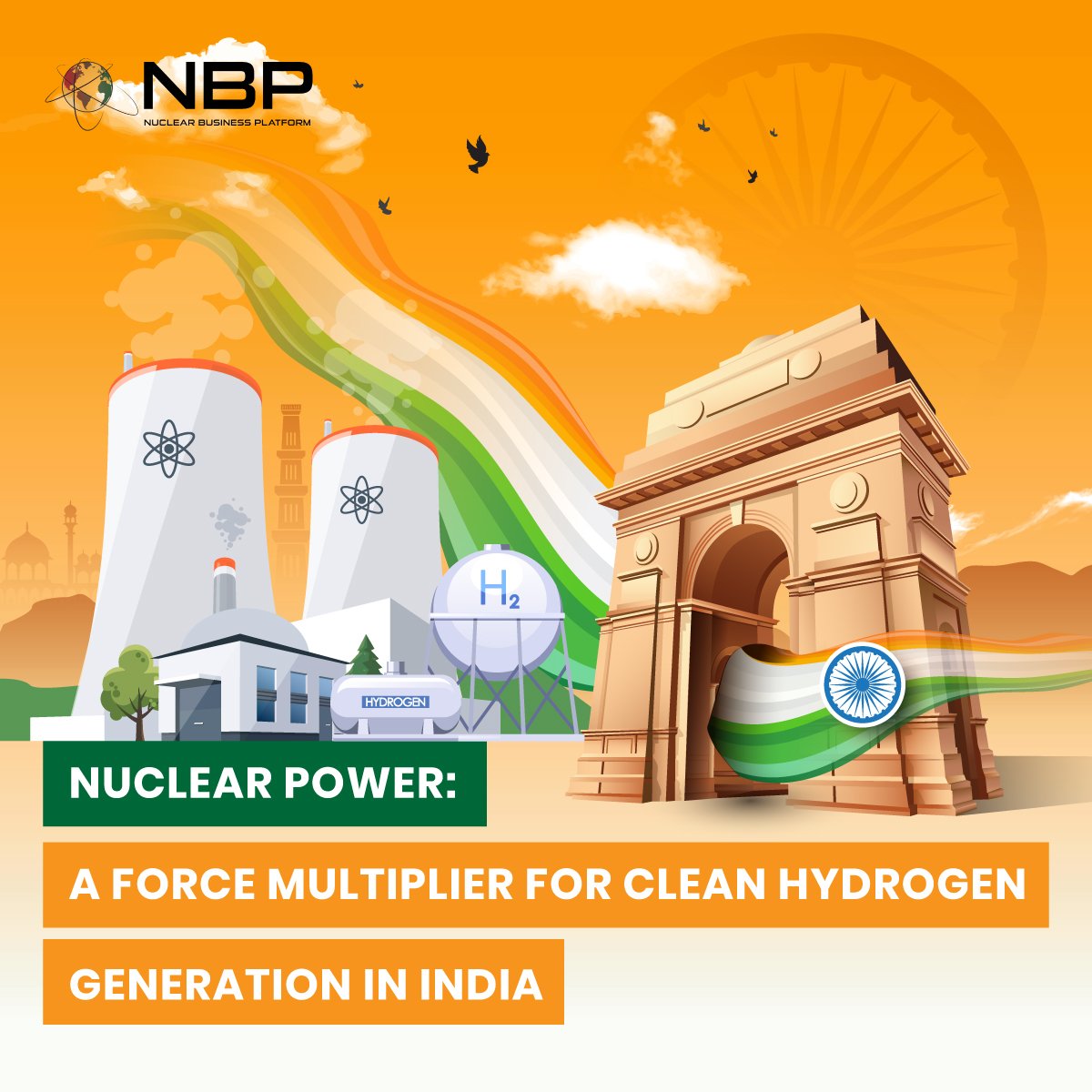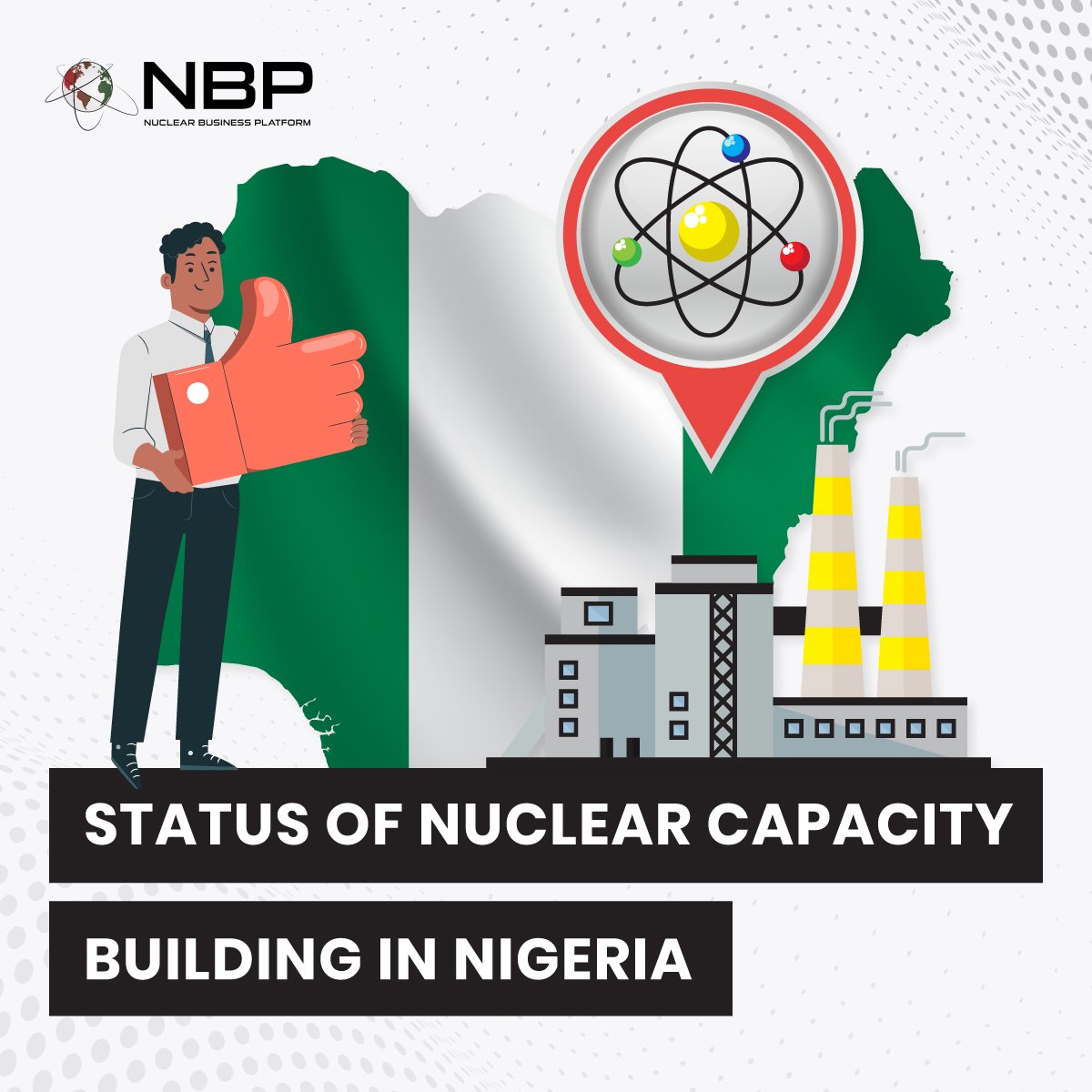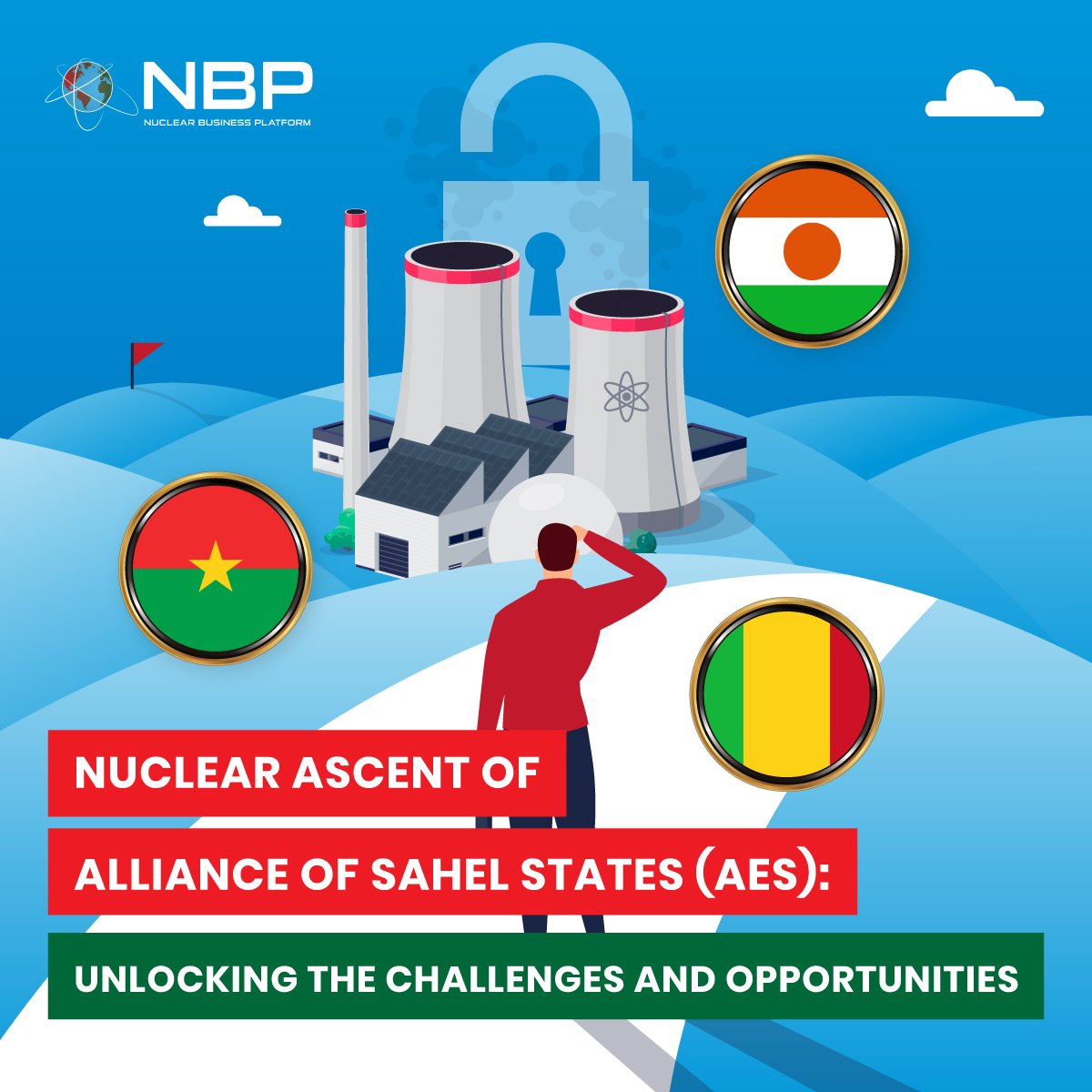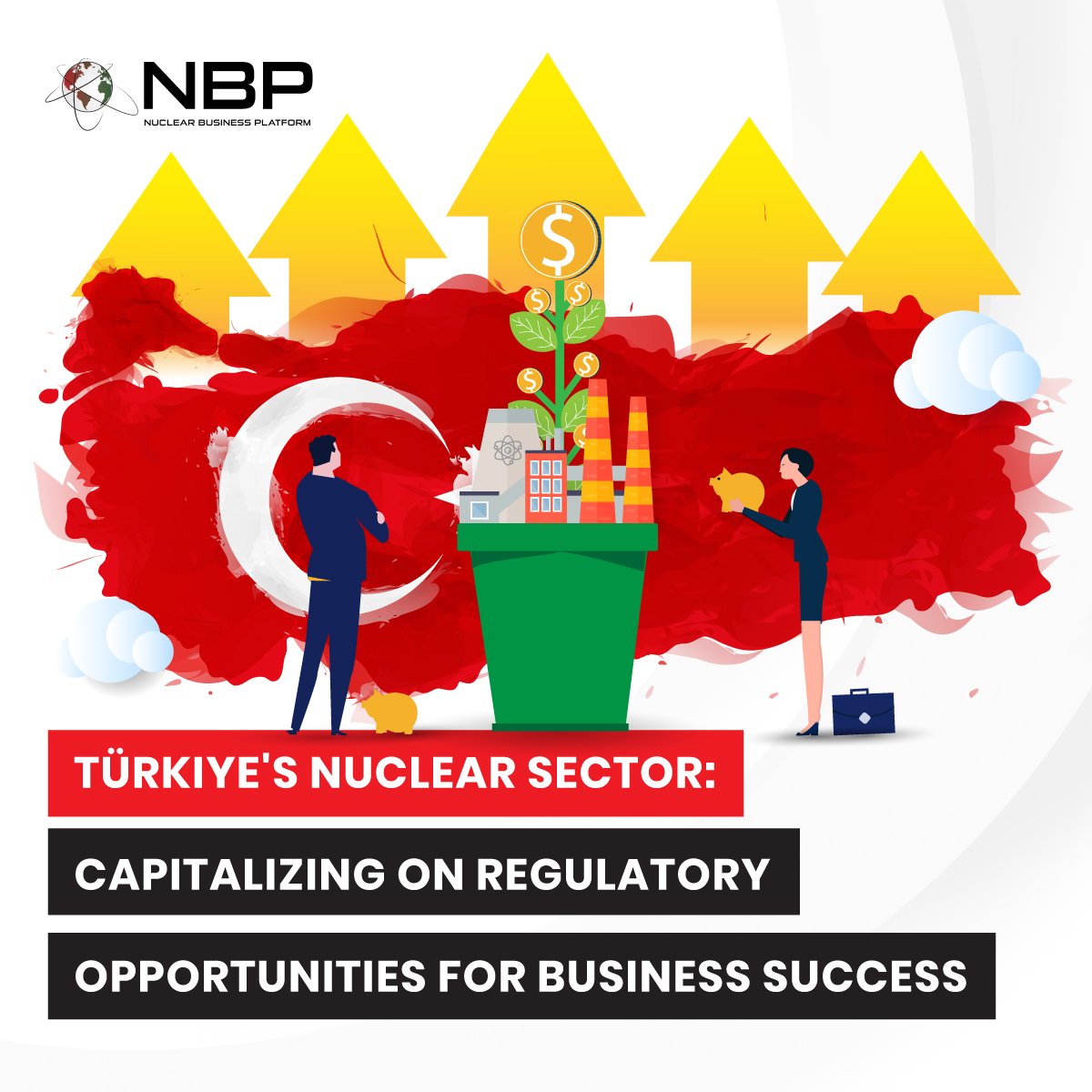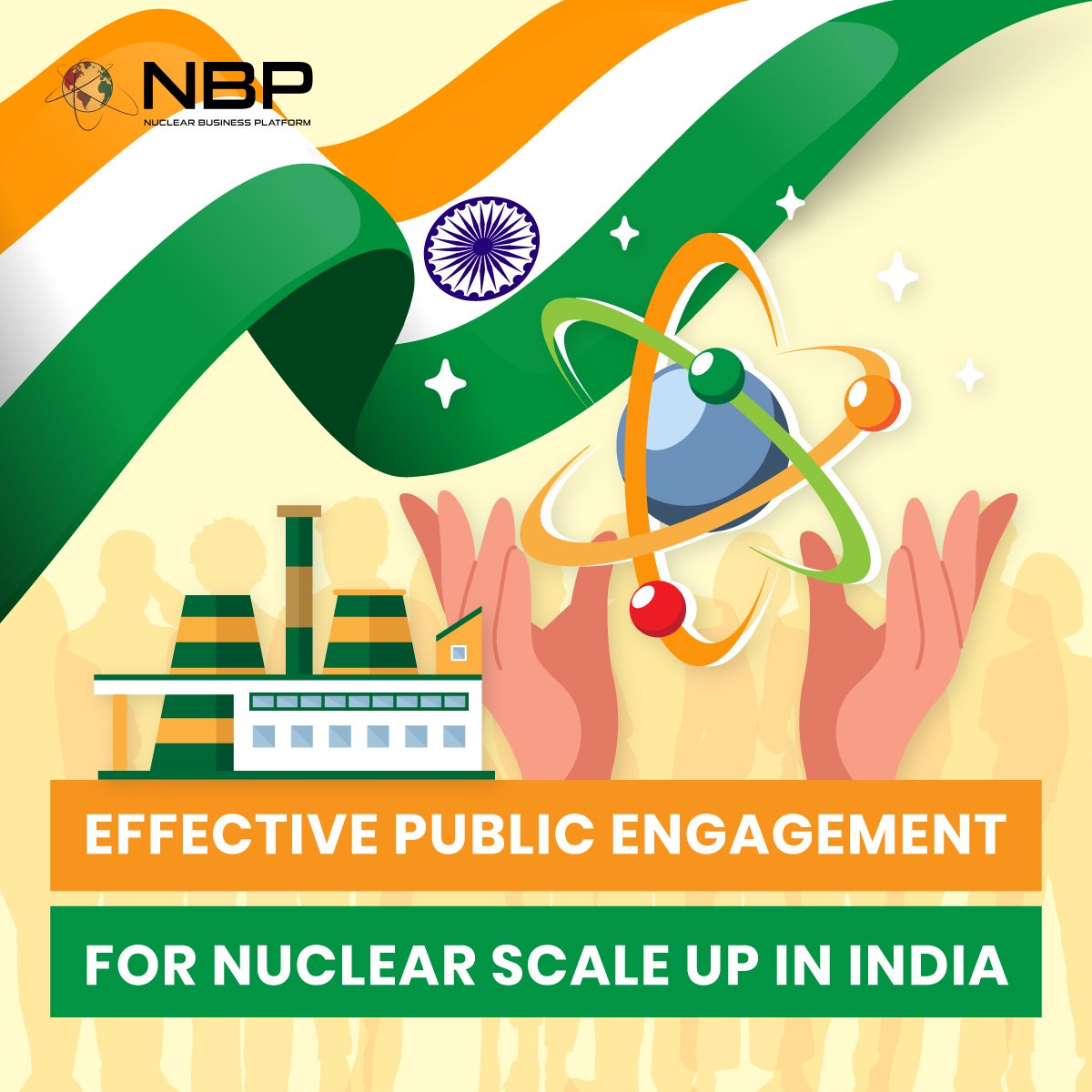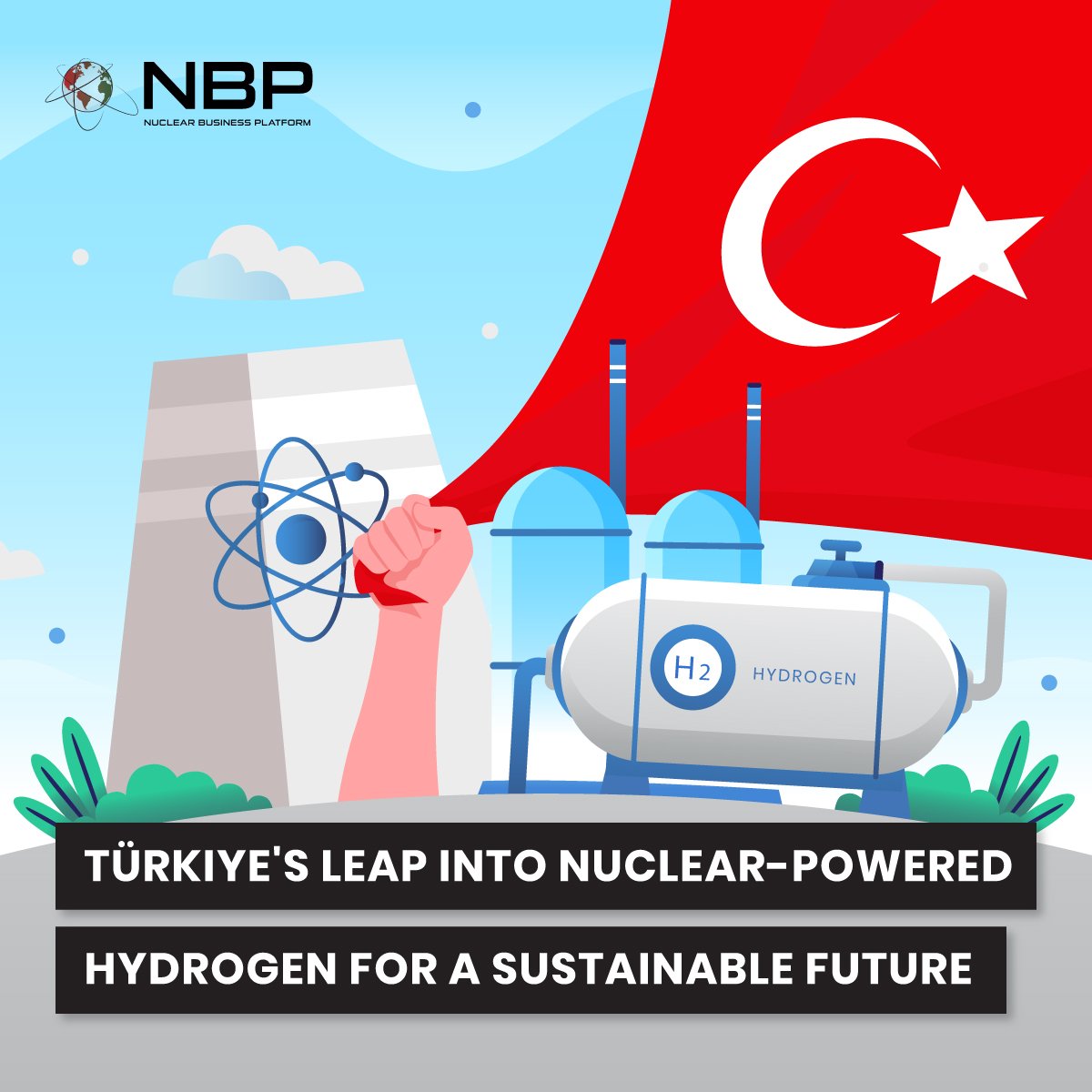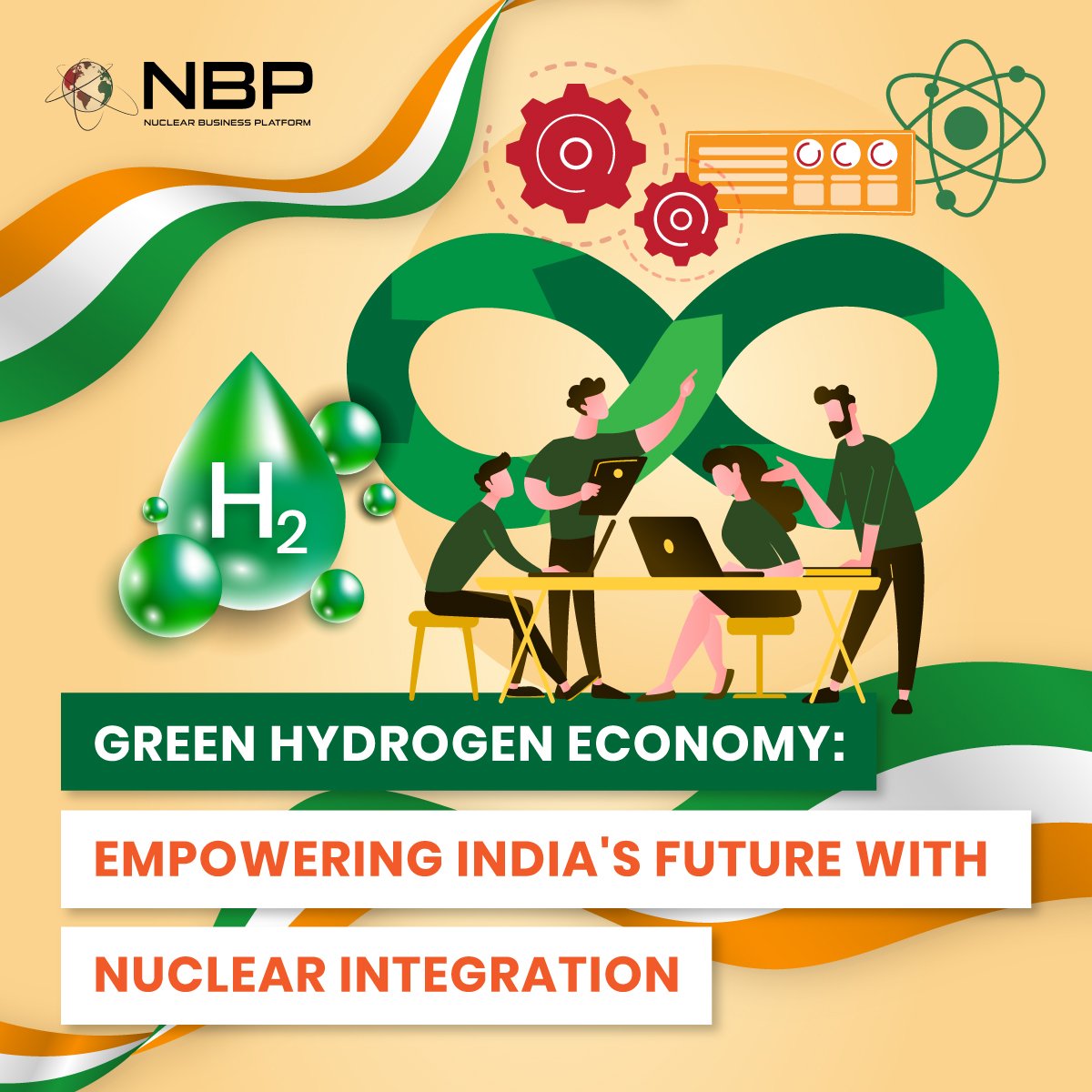NBP periodically publishes short articles on nuclear energy matters which either have a geographic or topical focus. Feel free to browse through all our articles and if you would like to read on something specific, please use the search function. For example, you can search for articles relating to Africa or India or financing or SMR etc. You can also use the filter function to see articles pertaining to Asia, Africa, India or Türkiye.
Striking the Right Balance: Large Reactors vs. SMRs for Africa's 15 GW Nuclear Goal by 2035
Africa is seeking alternative solutions to address its growing energy demands amid rapid population growth. Nuclear energy is becoming an attractive option, and countries are considering both large-scale reactors and SMRs to meet their needs. Several countries, including Ghana, Kenya, Uganda, Rwanda and South Africa, are actively pursuing plans to develop nuclear power with varying reactor sizes
Thailand To Adopt Nuclear Energy To Achieve Carbon neutrality By 2050
Thailand, a Southeast Asian nation with a population exceeding 70 million and a booming economy (GDP exceeding $490 billion USD), is poised to embrace nuclear energy as part of its clean energy future. This shift presents exciting opportunities for international suppliers in the nuclear sector.
Bangladesh Aims for 7,000 MW Nuclear Capacity by 2041
In 2011, Bangladesh and Russia signed an inter-governmental agreement to construct two 1200 MW nuclear power reactors . In Oct 2023, Rooppur NPP received the first shipment of uranium fuel for its first nuclear power plant, making it the 33rd country in the world to produce nuclear energy. Bangladesh stands as a success story for newcomer countries in nuclear power development
15,000 MW New Nuclear in Africa by 2035: Building a Strong Regulatory Foundation
Africa is witnessing a burgeoning interest in nuclear power. Projections indicate a remarkable addition of 15,000 megawatts (MW) of new nuclear energy capacity to the continent by 2035. A robust regulatory framework is indispensable for the African nuclear energy sector, serving as the cornerstone for ensuring the safe, secure, and efficient operation of nuclear facilities.
Türkiye's Nuclear Ecosystem and $4.3bn Localization for Akkuyu NPP
Türkiye has reached a localization of $4.3 billion , or 47 percent for the Akkuyu NPP project. In addition, Türkiye aims to gradually increase this rate in other NPP projects and eventually to reach the point of self-sufficiency in all areas of the nuclear industry in the next 30 years.
Nuclear-Powered Data Centers: Accelerating India's Digital Growth into a $10 Billion Market
India's digital landscape is experiencing rapid expansion. As the nation propels this digital transformation, the demand for robust data centers is witnessing a remarkable surge to manage the escalating volumes of data. Nuclear-powered data centers utilize energy generated by nuclear reactors to operate computing infrastructure, minimizing reliance on traditional energy sources.
The Potential of Small Modular Reactors in Türkiye
As Türkiye aims to have 20 GW of nuclear energy by 2050 which will be from a combination of large and small reactors. Türkiye Nuclear Energy Company (TÜNAŞ) is currently spearheading these future initiatives. Technical and commercial aspects of 11 SMR designs were evaluated by TÜNAŞ
Kenya’s Nuclear Strategic Plan 2023-2027
Kenya’s Nuclear Power and Energy Agency (NuPEA) yesterday (18 March 2024) launched its Strategic Plan 2023-2027 to provide direction in alignment to the fourth Medium Term plan and the Bottom-Up Economic Transformation Agenda (BETA).
Nuclear Power: A Force Multiplier for Clean Hydrogen Generation in India
India is placing a significant emphasis on clean hydrogen generation, with nuclear hydrogen production poised to revolutionize the country's pathway to hydrogen energy. Under the National Green Hydrogen Mission, India targets a green hydrogen production capacity of 5 million metric tonnes annually by 2030, forming a vital component of its strategy for energy independence by 2047 and achieving Net Zero by 2070.
Status of Nuclear Capacity Building in Nigeria
As Nigeria sets its sights on integrating nuclear energy into its energy mix, the importance of robust human resource development cannot be overstated. Through judicious collaboration, Nigeria possesses the opportunity to fortify its initiatives in nuclear human resource development ultimately contributing to the sustainable growth of its nuclear energy sector and broader socioeconomic development.
Would Rwanda become a hub for global SMR vendors?
Rwanda's strategic move towards integrating SMR technologies positions it as a potential hub for global vendors. With a meticulous focus on comprehensive studies and workforce development, Rwanda is poised to play a key role in shaping the future of nuclear energy in Africa, presenting significant opportunities for global vendors.
The African Nuclear Energy Funding Initiative
The African Nuclear Energy Funding Initiative (ANEFI) agreement supports the development of multinational repositories for high level nuclear waste in Africa as a way to promote regional governance and secure financing for vital infrastructure development.
Nuclear Ascent of Alliance of Sahel States (AES): Unlocking the Challenges and Opportunities
The Sahel region, a region that has often been overlooked by the international community, suffers from a significant energy deficit. Efforts to address the energy deficit in the Sahel have been underway, with initiatives focusing on carbon free energy sources such as solar, wind power, and recently nuclear power.
Türkiye's Nuclear Sector: Capitalizing on Regulatory Opportunities for Business Success
As Türkiye charts its transformative course in nuclear development, including the Akkuyu Nuclear Power Plant (NPP) and two proposed NPPs, with a target of reaching 10,000 MW nuclear capacity by 2050, the need for comprehensive regulatory bodies becomes even more crucial.
Effective Public Engagement for Nuclear Scale up in India
Successful public engagement is essential for India, given its plans to incorporate 18 additional nuclear power reactors. These reactors, with a combined capacity of 13,800 MWe, aim to elevate the total contribution of atomic power in the energy mix to 22,480 MWe by 2031-32.
Nuclear Workforce Advancement in East Africa: Opportunities for Global Collaboration
The energy landscape in Africa is undergoing a transformative phase, with an emphasis on incorporating nuclear into the energy mix. Establishing a robust human resource infrastructure is crucial, given the unique requirements of the nuclear power industry. Specific characteristics of nuclear personnel, industry demands, and risks in financing pose challenges to human resource development.
Ghana’s Aspiration to be the West African Regional Hub for Nuclear Energy
Ghana is actively engaged in the integration of nuclear energy into its energy portfolio. The government has formulated the Ghana Nuclear Power Agenda, providing a roadmap for the establishment of the country's first nuclear power plant. The government's decision to commission a Nuclear Power Plant by the early 2030s reflects a significant stride toward realizing clean and reliable energy access.
The Thrace Nuclear Power Plant and the Future of Türkiye
Türkiye is strategically positioning itself for a significant leap in its energy sector, envisioning a nuclear capacity of 10,000 MW by 2050 through forward-thinking plans. This ambitious trajectory is exemplified by the decision to construct a second and third nuclear power plant in the Sinop and Thrace region, underscoring its pivotal role in Türkiye's energy strategy.
Green Hydrogen Economy: Empowering India's Future with Nuclear Integration
India's ambition to achieve Net Zero emissions by 2070 necessitates a transition to sustainable technologies. With over 40% of primary energy needs imported annually there is a compelling need to reduce reliance on fossil fuels, particularly in sectors like mobility and industrial production. In response to this challenge, the National Green Hydrogen Mission outlines a comprehensive plan to establish a Green Hydrogen ecosystem, capitalizing on India's renewable energy and land resources. As global demand for Green Hydrogen and its derivatives rises in the pursuit of Net Zero, India has a unique opportunity to position itself as a leading producer and exporter.
Business Implications of Public Engagement in Africa’s Nuclear Sector
As African countries approach the prospect of adopting nuclear energy to fuel their growing economies, the role of public engagement and outreach programs in the nuclear energy sector becomes increasingly crucial. These initiatives serve as a vital conduit connecting the scientific community, policymakers, and the public, in order to facilitate essential dialogue for the advancement and acceptance of nuclear energy.

